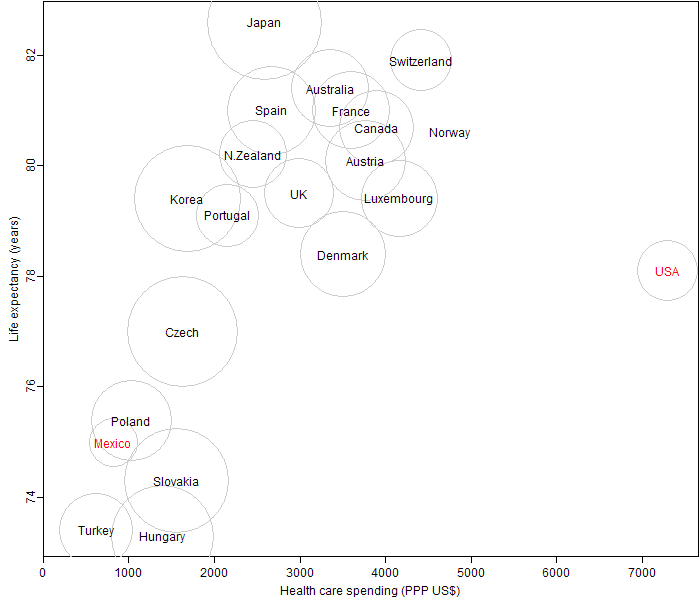- Joined
- Sep 22, 2009
- Messages
- 1,146
- Reaction score
- 9
We just passed a bill that plans on making it illegal for health insurance companies to deny coverage for those with pre-existing conditions. It seems to me that making it illegal to turn down Medicare patients wouldn't be much harder. Is this feasible?
Of course, then doctors would try their best to move out of the poorest neighborhoods with the highest percentages relying on Medicare. And only the doctors who can't find jobs would end up in the poorest neighborhoods, furthering the disparity between the health care quality received by the rich and the poor.
Of course, then doctors would try their best to move out of the poorest neighborhoods with the highest percentages relying on Medicare. And only the doctors who can't find jobs would end up in the poorest neighborhoods, furthering the disparity between the health care quality received by the rich and the poor.




